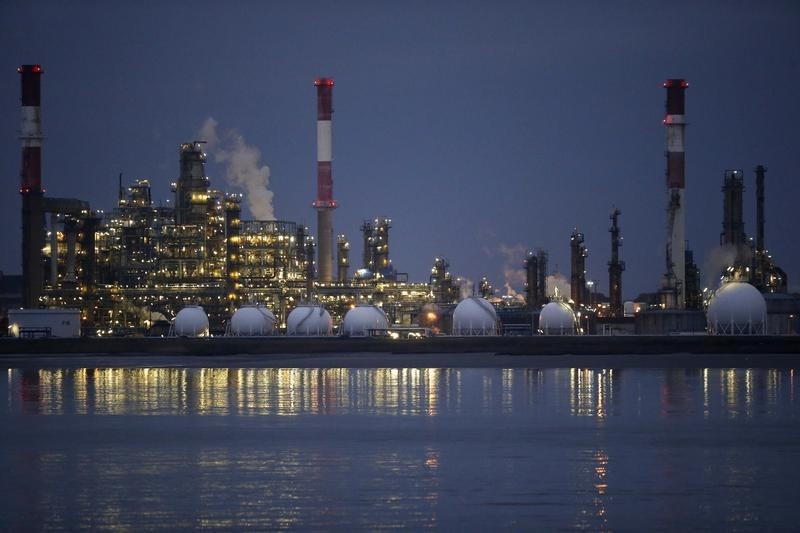The World Bank has issued a warning about the potential impact of the escalating conflict between Israel and Hamas on global oil and food prices, according to its Commodity Markets Outlook report. The international financial institution suggests that if the situation continues to deteriorate, it could push oil prices into “uncharted waters” and trigger a worldwide surge in food costs.
The recent intensification of the conflict, marked by attacks from Hamas and a military response from Israel, including tanks and infantry moving into Gaza, has raised concerns about a broader Middle East conflict. Israeli Prime Minister Benjamin Netanyahu has announced a “second stage” in the war, while Hamas is seeking additional regional support from allies like Iran-backed Hezbollah in Lebanon.
In its report, the World Bank outlined three scenarios for potential disruptions to global oil supply: small, medium, and large. A minor disruption could see oil prices averaging $81 a barrel next year. A medium disruption, similar to the effects seen during the Iraq war, could drive up prices by 35%. A significant disruption comparable to the Arab oil embargo of 1973 could escalate prices by 56% to 75%.
Indermit Gill, Chief Economist at the World Bank, noted that the ongoing Russian invasion of Ukraine had already disrupted the global economy. He cautioned against a dual energy shock if tensions in the Middle East continue to escalate. Ayhan Kose, Deputy Chief Economist at the World Bank, also warned about the knock-on effect on food prices due to rising oil costs.
The Biden administration is keeping a close watch on these developments. Treasury Secretary Janet Yellen represents the administration’s monitoring efforts. The World Bank also noted that gold prices have risen about 8%, and oil prices increased by 6% since the onset of the conflict.
Fatih Birol, Executive Director of the International Energy Agency, expressed concerns over the security of oil and gas supplies amid the ongoing Russian invasion of Ukraine and the escalating Middle East conflict. These geopolitical tensions have the potential to significantly disrupt global commodity markets, with potentially severe consequences for the global economy.
This article was generated with the support of AI and reviewed by an editor. For more information see our T&C.
Read the full article here












